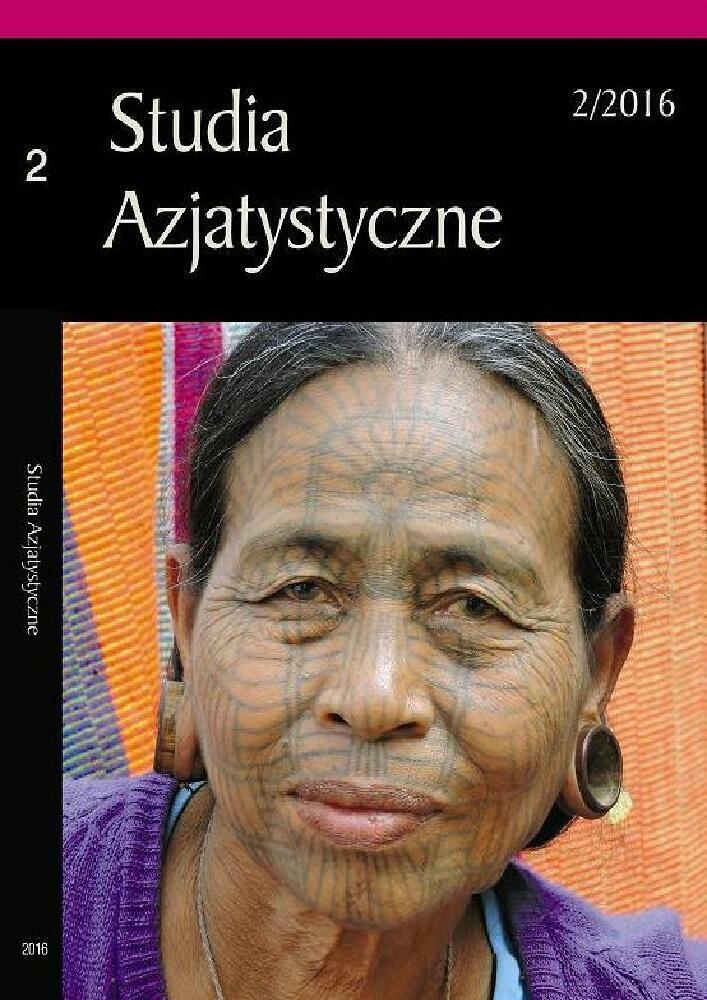Abstract
Theatre, as opposed to traditional Chinese drama, was introduced to China through the first Opium War, and the establishment of Chunliushe in Japan is regarded as the birth of the real Chinese play in 1907. Hereafter, many plays were written and performed in China and were accepted as new form plays. Thunderstorm (Leiyu), Cao Yu’s first play, was published in 1934, and became the first masterpiece of modern Chinese theatre, symbolizing its becoming mature. As the playwright admitted, it was influenced by classical Greek Plays, as well as by Henrik Ibsen. This paper reflects upon the theme of fate in Thunderstorm by Cao Yu and Hippolytus by Euripides. Although Cao Yu interpreted that he was influenced by western plays consciously or unconsciously, Thunderstorm has its own Chinese roots. Similarities and differences in the themes of fate are compared by time or history; ethnic or family aspects; and the individual or feminine. The indescribable fate of the protagonists leads to the agony they suffer inside and also effects them outside because of typical social beliefs and family life; meanwhile, it helped to bring fame to the two tragedies.
References
Blomqvist, Jerker. 1982. Human and Divine Action in Euripides’ Hippolytus, Hermes 110, 4 (1982), 398-414.
Cao, Yu. 2001. Cao Yu Jingdian Xiju Xuanji (曹禺景点选集,Anthology of Cao Yu’s Classical Dramas). Beijing: Xinhua Press.
Cao, Yu. 2001. Thunderstorm. Trans. Wang Zuoliang and Barnes. Beijing: Foreign Languages Press.
Chen, Baichen, Jian Dong. 2008. Zhongguo Xiandai Xiju Shigao (中国现代戏剧史稿, The History of Chinese Modern Drama). Beijing: China Drama Press.
Chen, Ning. 1997. Confucius’ View of Fate (Ming), Journal of Chinese Philosophy 24 (1997), 323-359.
He, Chengzhou. 2004. Henrik Ibsen and Modern Chinese Drama. Oslo: Oslo Academic Press.
Hu, Xingliang. 2010. Lun Cao Yu Huaju Jiejian Xiqu de Yishu Chuangzao (论曹禺话剧借鉴戏曲的艺术创造,On Cao Yu’s Art Creating from Xiqu to Huaju): Zou Hong (ed.). Research on Cao Yu: 1979-2009. Changchun: Jilin Literature and History Press.
Lao Tzu. 1997. Tao Te Ching. Trans. Arthur Waley. Beijing: Foreign Language Teaching and Research Press.
Li, Zhimin. 2012. The One-Way Model of Cultural Interaction: Literary Interactions between China and Cambridge, Cambridge Quarterly 41, 1 (2012), 111-127.
Liu, Bo-wen. 2009. Comparison of Cross Dressing in the Twelfth Night and Yi Zhong Yuan, Cross-cultural Communication 5, 4 (2009), 78-85.
Luo, Yuming. 2011. Jian ming Zhongguo wen xue shi. (简明中国文学史, A concise history of Chinese literature). Trans. Ye Yang. Leiden and Boston: Brill.
Mackerras, Colin. 2008. Tradition, Change, and Continuity in Chinese Theatre in the Last Hundred Years: In Commemoration of the Spoken Drama Centenary Commemorating, Asian Theatre Journal 25, 1 (2008), 1-23.
Myers, Henry Alonzo. 1949. Aristotle’s Study of Tragedy, Educational Theatre Journal 1, 2 (1949), 115-127.
Solomon, Robert C. 2003. On Fate and Fatalism, Philosophy East and West 53, 4 (2003), 435-454.
Stuart, Donald Clive. 1916. The Origin of Greek Tragedy in the Light of Dramatic Technique, Transactions and Proceedings of the American Philological Association 47 (1916), 173-204.
Sundberg, Johan et al. 2012. Acoustical Study of Classical Peking Opera Singing, Journal of Voice 26, 2 (2012), 137-143.
Zhu, Donglin. 2010. Lun Cao Yu de Beiju Yishu (论曹禺的悲剧艺术,On Cao Yu’s Tragedy Art): Zou Hong (ed.). Research on Cao Yu: 1979-2009. Changchun: Jilin Literature and History Press.
Internet sources
Euripides. 2010. Hippolytus. Trans. Gilbert Murray. An Electronic Classics Series Publication, the Pennsylvania State University, https://www.yumpu.com/en/document/view/11618041/euripides-penn-state-university/3, entry: 2016-06-20
License

Ten utwór jest dostępny na licencji Creative Commons Uznanie autorstwa 4.0 Międzynarodowe.
